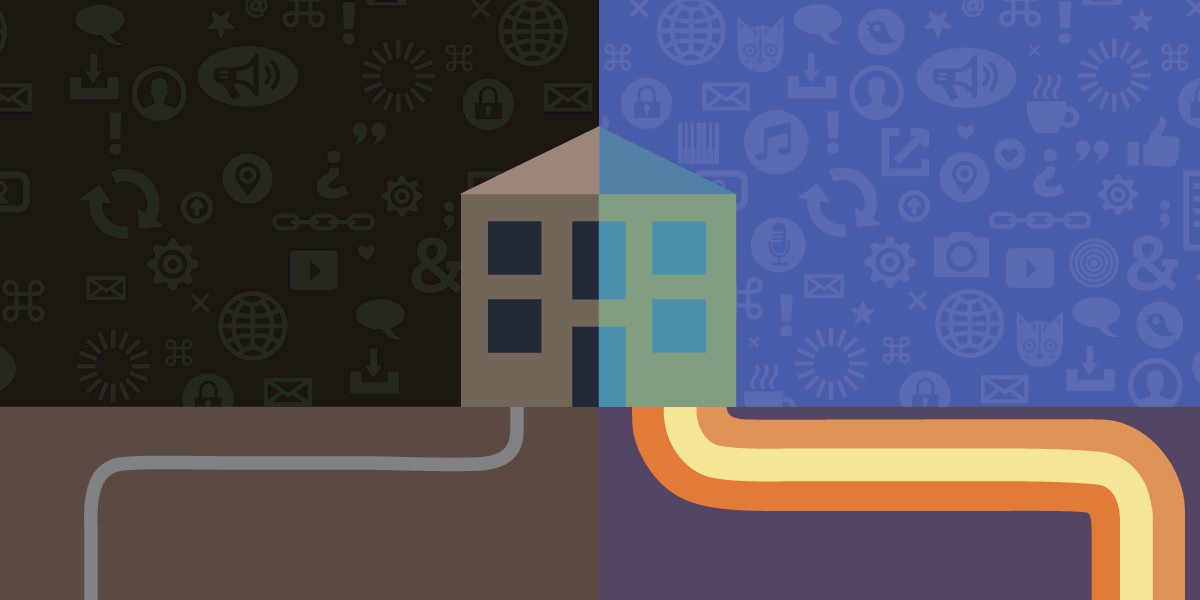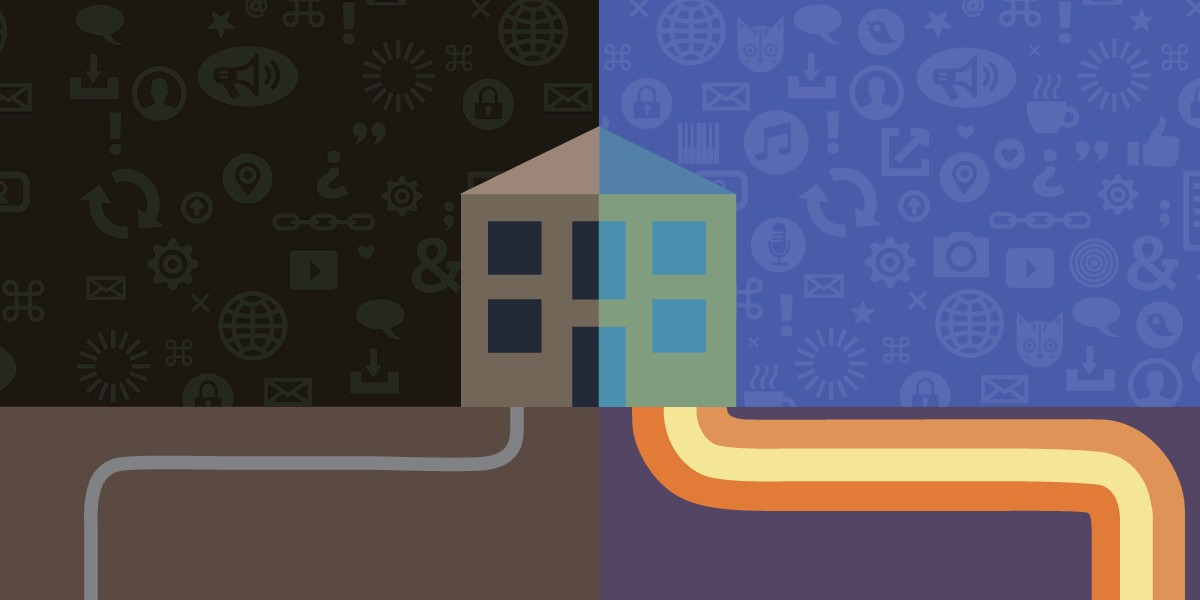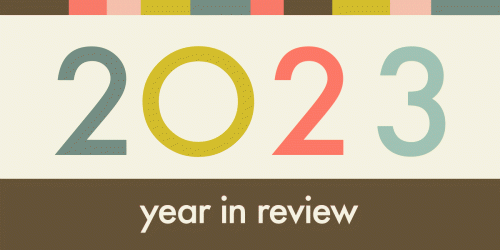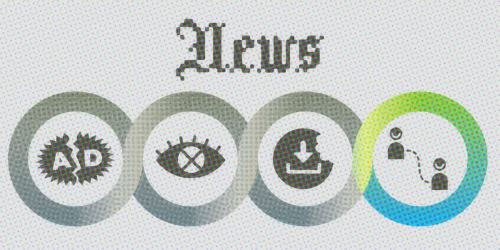Network neutrality is the idea that internet service providers (ISPs) should treat all data that travels over their networks fairly, without discrimination in favor of particular apps, sites or services. It is a principle that must be upheld to protect the open internet. The idea that ISPs could prevent access to certain sites, slow down rates and speeds for certain users, isn’t just horrendous— it’s vastly unpopular. When ISPs charge tolls or put up road-blocks, it comes at the expense of all segments of society, and undermines internet access as a right.
The FCC will meet on October 19th to vote on proposing Title II reclassification that would support accompanying net neutrality protections. Based on a draft version of the Notice of Proposed Rulemaking, the FCC will propose to reestablish the Commission’s authority to issue net neutrality rules for broadband internet access service by classifying it as a “telecommunications service” under Title II of the Communications Act of 1934. If the FCC issues the notice as expected on October 19th, the next steps would be a public comment phase followed by issuance of a final rule. This process could result in a final rule restoring net neutrality requirements around spring of 2024.
We’re glad that the FCC is finally taking steps to bring back net neutrality. Title II provides a clear avenue for the FCC to exercise authority to enact net neutrality rules that will stand up to a challenge in court. For years, the FCC incorrectly classified broadband access as an “information service,” and when it tried to impose even a weak version of net neutrality protections under that classification, they were struck down in court. We’ve had victories in the past on this issue thanks to the overwhelming support of millions of Americans, and we need the FCC to do the right thing now.
The classification of broadband as a Title II “telecommunications service” is not only correct as a factual matter and proven to be legally defensible, it also provides the FCC the tools it needs to issue narrow regulations that address the proven need for net neutrality rules, while forbearing from any provisions of Title II that might be unnecessary.
The internet should live up to its history of fostering innovation, creativity, and freedom. When ISPs act as gatekeepers, making special deals with a few companies or privileging their own services, we all lose. Hopefully, on October 19th the FCC will show all Americans that it knows how the internet works, and will put people over ISPs once and for all.









